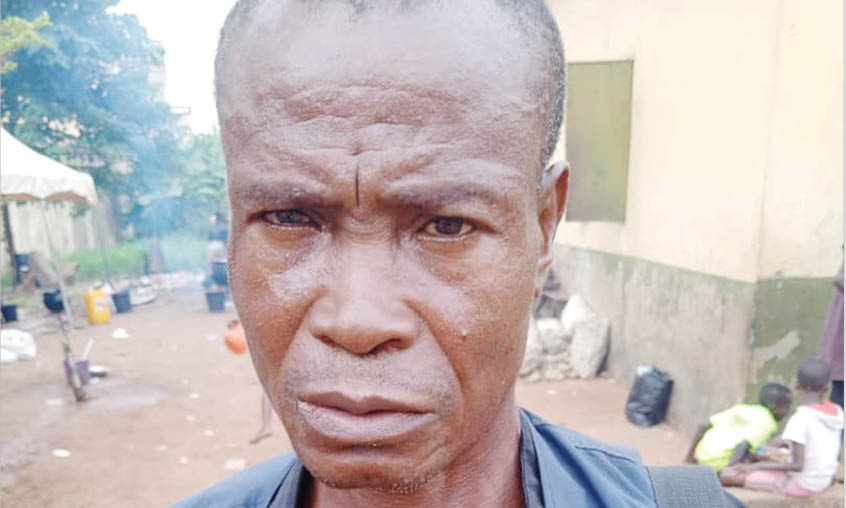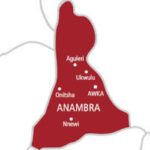Pa Hyacinth Irom is a civil war veteran from Issieke community in Ihiala Local Government Area of Anambra State. The 71- year-old man is also a retired trader.
What was your experience like during the war?
I partially participated in the Biafra war. As the war progressed, the Biafra forces seemed destined for defeat as their territory was being subdued and arms’ supplies diminished. What they did was to start recruiting young men to fortify their base against the Nigerian Army. I was forcefully drafted into the war and I fought from Ibuzo area of then Mid-western region. I fought for about nine months before the war finally ended. I was playing in front of my father’s house in the village, when suddenly Biafra troops invaded the community and started picking young men. Unfortunately, I was among the young men picked by the troops that fateful day. They put us in a vehicle and drove us to the war front. They trained us for some weeks and gave us arms. Thereafter, they sent us to the war front. Some of us who were found to be unfit were later sent back home. It was Chief Odumgwu Ojukwu who sent them home after he saw that they were not physically fit. It was a terrible and fearful experience for us as it was against my wish to fight. Many people who went on that mission did not come back alive.
Apart from fighting the war against your wish, what were the challenges you encountered?
There were so many challenges like scarcity of food and ammunition. We battled cold and mosquitoes during the nights. Biafra was short on ammunition, its people were desperate for food, and its leaders controlled only a fraction of the territory that had formed the Biafran Republic in 1967. At a point, the channel through which we got food supplies was blocked and shortly after, we battled hunger and malnutrition. A lot of people died.
- Chukwura Philip is a 70-year-old veteran, who hails from Ikeduru Local Government Area of Imo State. He said he fought in Onitsha and Awka in Anambra State.
- A veteran of the war, who was with the 63 NA, and served with the 3 Marine Commando, retired Warrant Officer Monday Ranse said war is not something anyone should pray for.
Are you in support of the call for self-determination and separation by the Igbos?
The Biafran war was as a result of a conflict resulting from political, economic, ethnic, cultural and religious tensions which started from 1960 to 1963. If the Biafran war had succeeded, the Igbos would have separated from Nigeria by now. Initially, I was in support of self-determination and separation by the Igbos, but not through violence as some groups are doing at the moment. Right now, I don’t think it would be in the interest of the Igbos to leave Nigeria. Secession is not the solution at the moment.
Why do you think these calls persist?
There’s still no peace because the Igbos have suffered maltreatment and remained marginalised till date. All the issues that sparked the war are still playing out. For instance, after the war they activated the three “Rs” which means “Reconciliation, Reconstruction and Rehabilitation”, but that was totally abandoned by the Nigerian government. The end of the Nigeria-Biafra civil war yielded the official policy of ‘Reconciliation, Reconstruction and Rehabilitation’, but its abandonment has continued to lead to agitations and lack of peace.

 Join Daily Trust WhatsApp Community For Quick Access To News and Happenings Around You.
Join Daily Trust WhatsApp Community For Quick Access To News and Happenings Around You.


